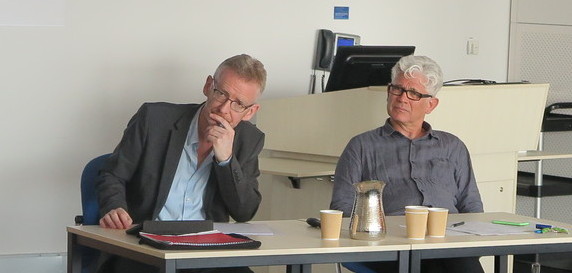Rethinking the Relation between Criminal Law and Markets

National, transnational and supranational legal systems have steadily increased the criminalisation of particular market practices and financial or economic behaviour since the 1980s. This reflects a more fundamental change in understandings of markets themselves. It is no longer just the ‘rogue trader’ or the ‘bad apple’ who is seen as the problem, but rather that the fundamental conception of markets as neutral and self-regulating arenas of exchange has begun to change. Markets were theorised from the beginning of modernity as a form of sociality based on efficient exchange between strangers, a model that also became the basis for thinking about forms of civil order and the proper role of criminal law. However, while the foundation of civil society was tied to the institution of law, the economy was understood as being subject to its own laws and regularities. Markets have been seen as morally neutral, as a kind of natural or spontaneous order. Increasingly, though, financial institutions and market relations are seen as criminogenic, corrosive of social relations and incentivising opportunistic criminal conduct. In this paper, I will argue that existing approaches to financial crime need to engage more fully with the historical and theoretical dimensions of the relationship between the modern criminal law and the market. An engagement with the normative question of the proper role of the criminal law in regulating market conduct thus requires that the criminal law has to rethink the way that it sees or understands markets and their place in society.
Lindsay Farmer is Professor of Law at the University of Glasgow. He has written extensively on the history and theory of criminal law and is the author, most recently, of Making the Modern Criminal Law: Criminalization and Civil Order (Oxford, 2016).